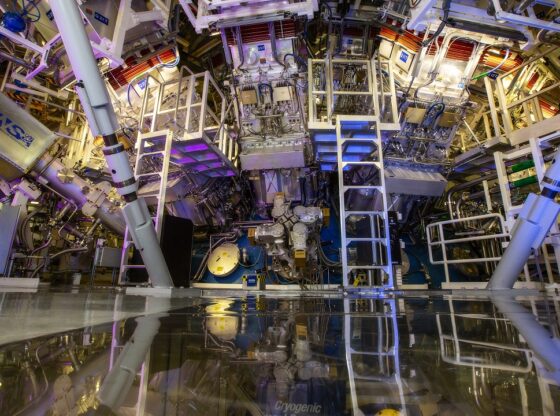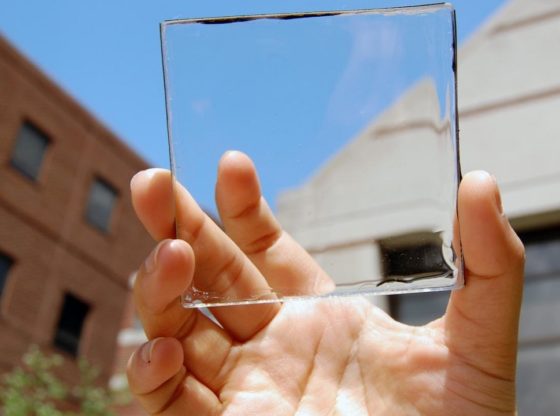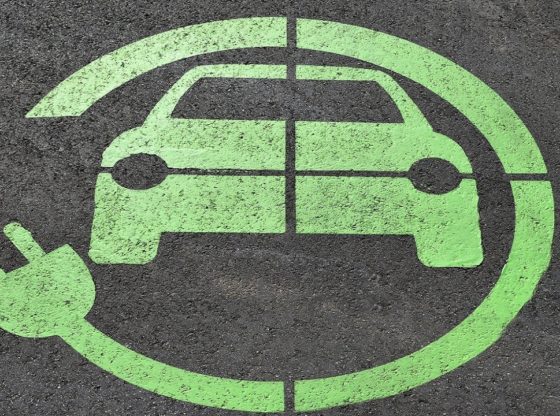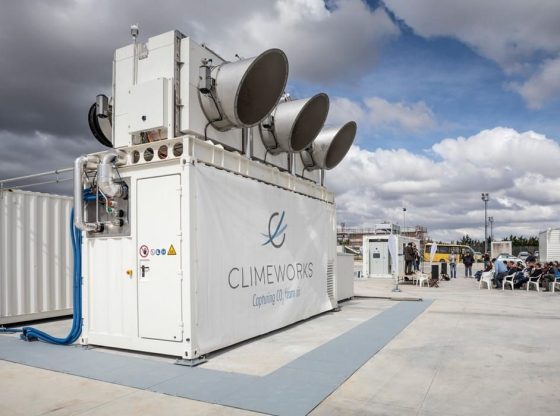The 2019 Nobel Prize in Chemistry has been jointly awarded to John B Goodenough of the US, Britain’s M Stanley Whittingham and Japan’s Akira Yoshino for the development of lithium-ion batteries, the Royal Swedish Academy of Sciences announced on Wednesday.
The lithium-ion batteries have reshaped energy storage and transformed cars, mobile phones and many other devices in an increasingly portable and electronic world.
“The Nobel Prize in Chemistry 2019 rewards the development of lithium-ion batteries. This lightweight, rechargeable and powerful battery are now used in everything from mobile phones to laptops and electric vehicles. It can also store significant amounts of energy from solar and wind power, making possible a fossil fuel-free society.”
– Nobel Prize Press Release
Whittingham developed the first functional lithium battery in the early 1970s, but it was too explosive to be viable, according to a statement from the committee. Goodenough was responsible for developing far more powerful batteries. Yoshino later eliminated pure lithium from the battery, producing the first commercially viable lithium-ion battery in 1985, according to the statement.
Lithium-ion batteries have revolutionised our lives and are used in everything from mobile phones to laptops and electric vehicles. Through their work, this year’s Chemistry Laureates have laid the foundation of a wireless, fossil fuel-free society.#NobelPrize pic.twitter.com/KXVfXlUT4B
— The Nobel Prize (@NobelPrize) October 9, 2019
In the early 1970s, Stanley Whittingham, awarded this year’s Chemistry Prize, used lithium’s enormous drive to release its outer electron when he developed the first functional lithium battery.#NobelPrize pic.twitter.com/lRD2zBNm4T
— The Nobel Prize (@NobelPrize) October 9, 2019
2019 Chemistry Laureate John Goodenough doubled the lithium battery’s potential, creating the right conditions for a vastly more powerful and useful battery.#NobelPrize pic.twitter.com/ygivR7hySG
— The Nobel Prize (@NobelPrize) October 9, 2019
This year’s #NobelPrize laureate Akira Yoshino succeeded in eliminating pure lithium from the battery, instead basing it wholly on lithium ions, which are safer than pure lithium. This made the battery workable in practice. pic.twitter.com/9tqSh5zTsS
— The Nobel Prize (@NobelPrize) October 9, 2019
Lithium-ion batteries have revolutionized our lives since they first entered the market in 1991. They have laid the foundation of a wireless, fossil-fuel-free society, and are of the greatest benefit to humankind.











![OpenAI. (2025). ChatGPT [Large language model]. https://chatgpt.com](https://www.illustratedcuriosity.com/files/media/55136/b1b0b614-5b72-486c-901d-ff244549d67a-350x260.webp)
![OpenAI. (2025). ChatGPT [Large language model]. https://chatgpt.com](https://www.illustratedcuriosity.com/files/media/55124/79bc18fa-f616-4951-856f-cc724ad5d497-350x260.webp)
![OpenAI. (2025). ChatGPT [Large language model]. https://chatgpt.com](https://www.illustratedcuriosity.com/files/media/55099/2638a982-b4de-4913-8a1c-1479df352bf3-350x260.webp)








